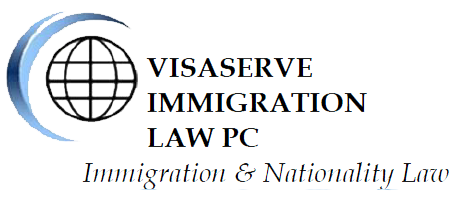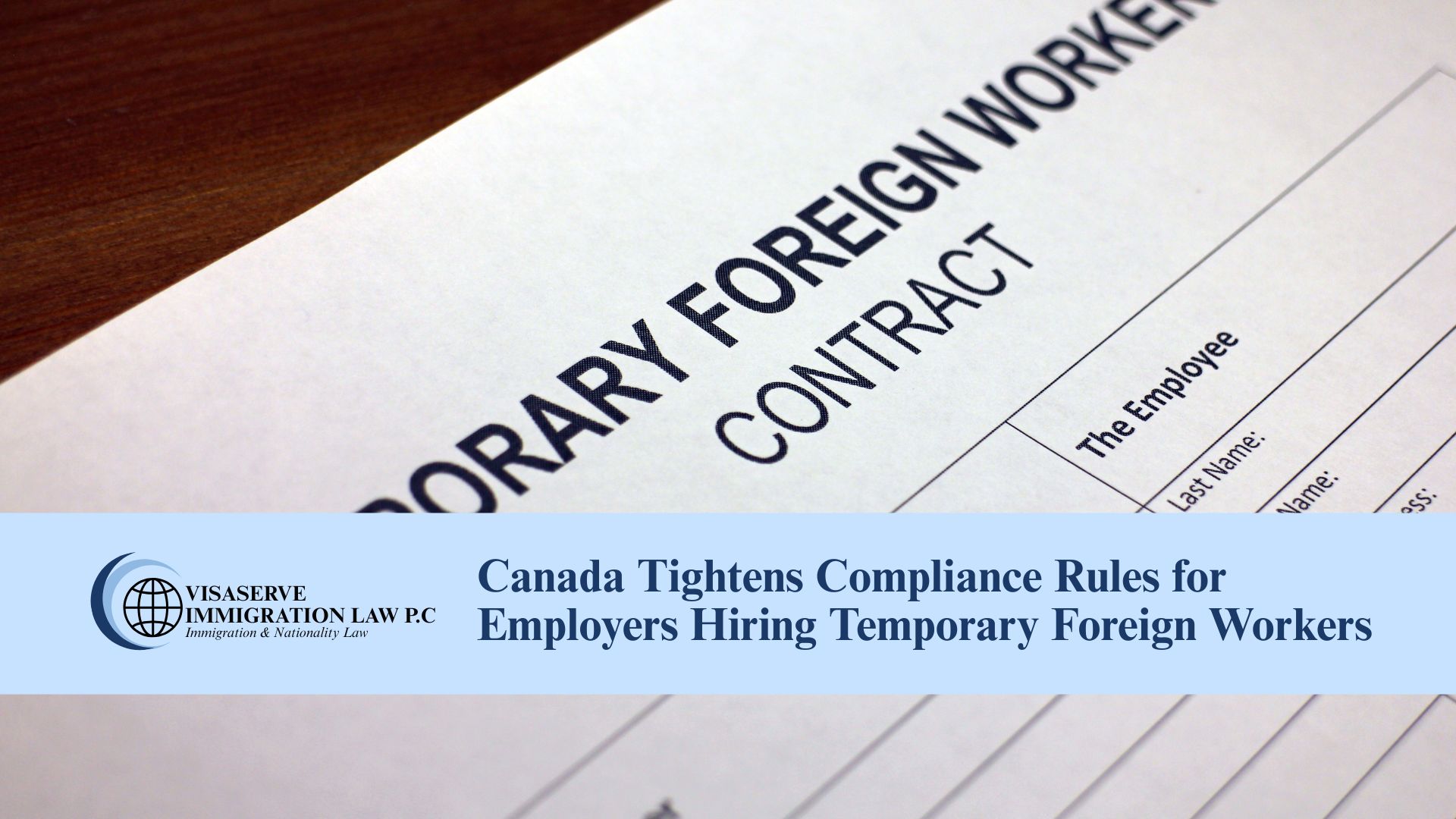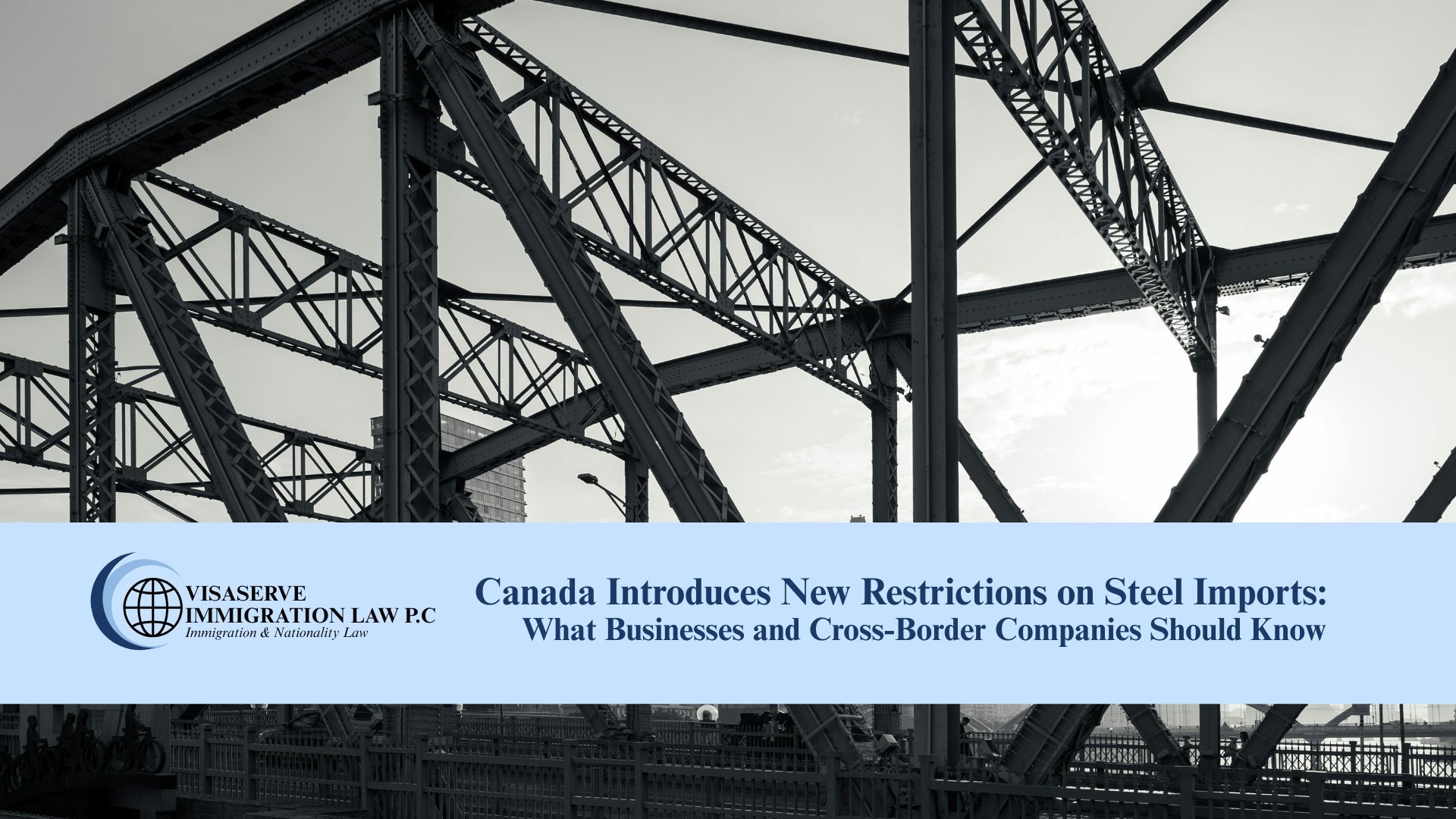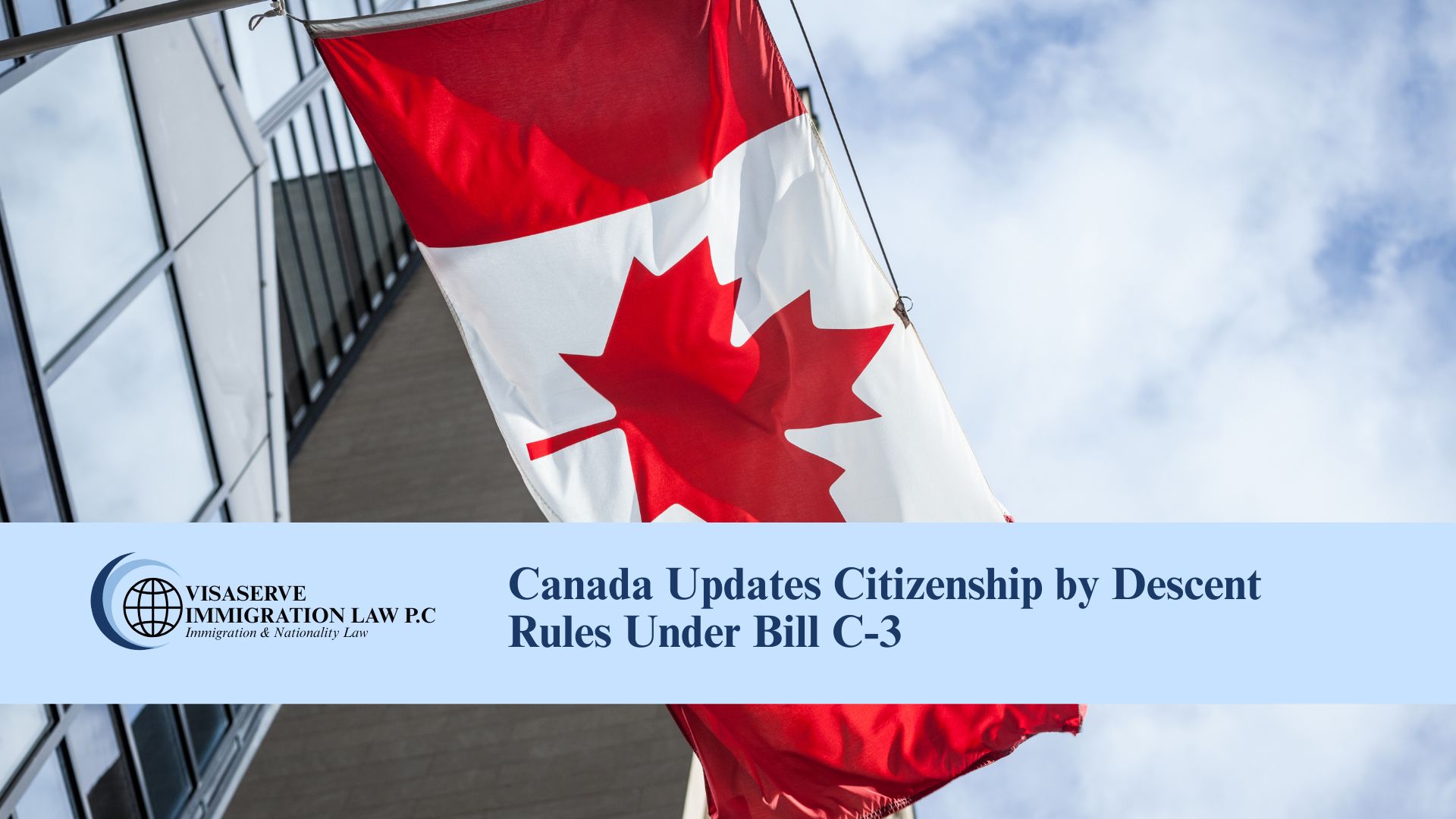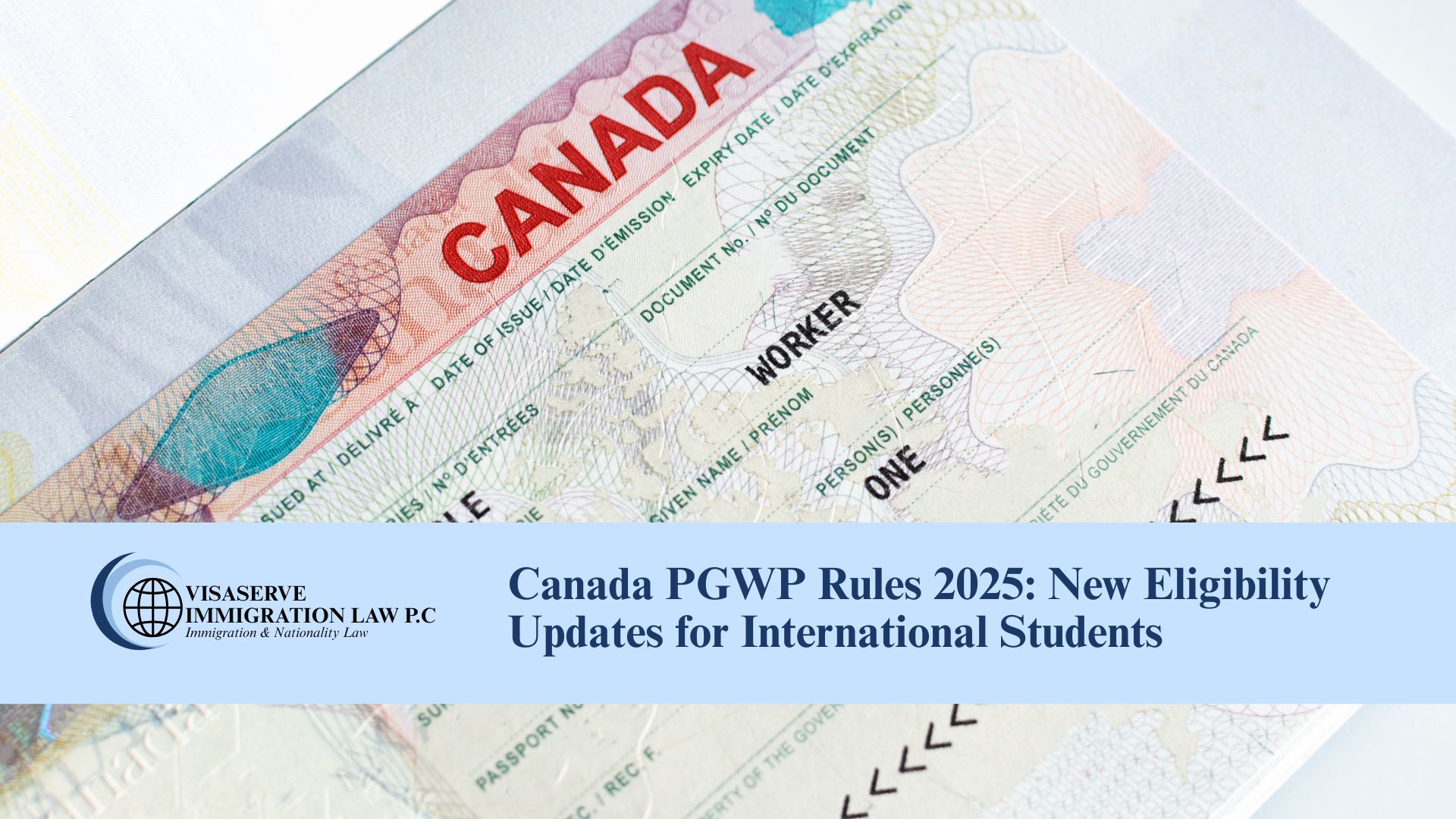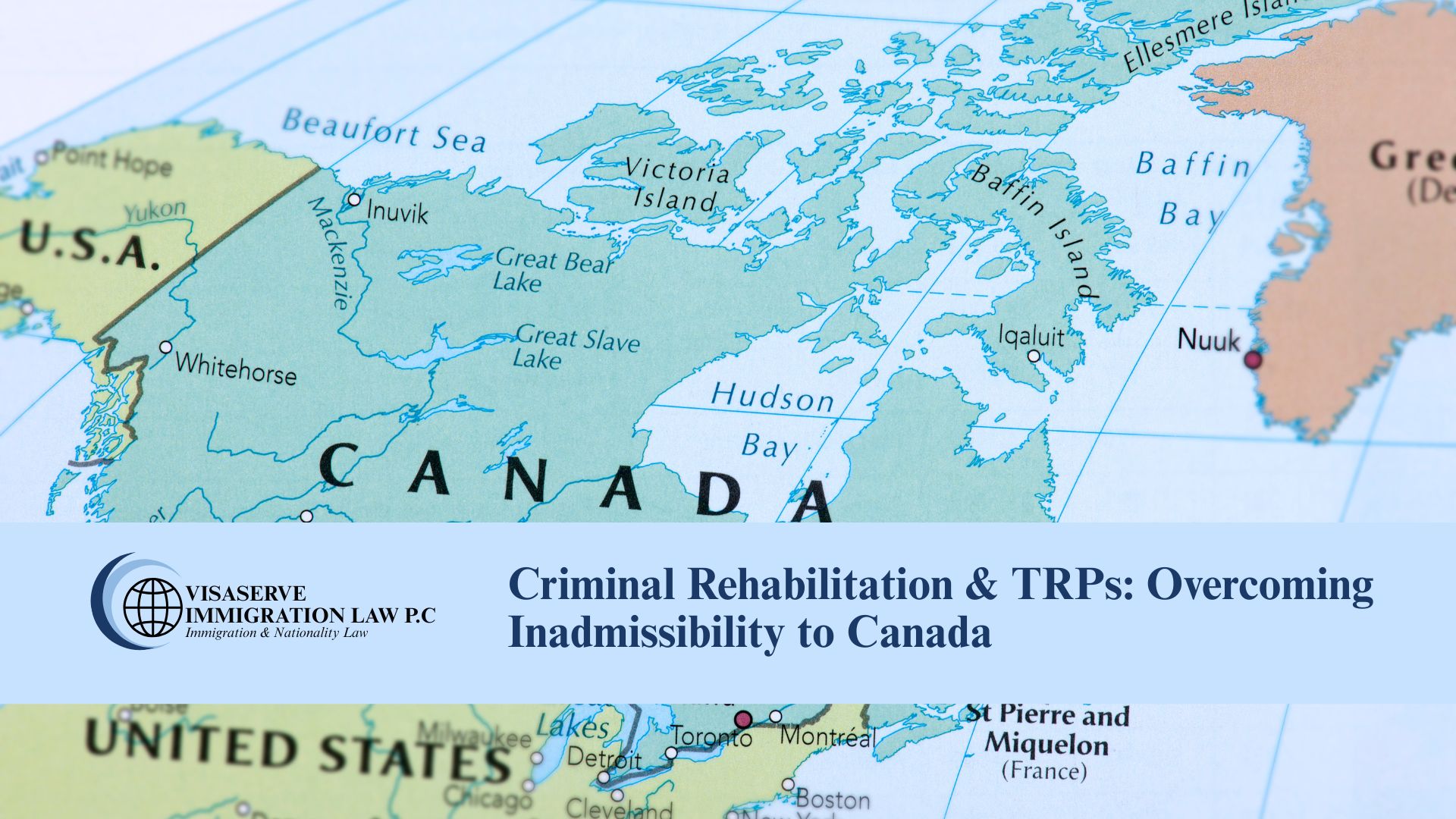Understanding the New Enforcement Focus in Canadian Immigration
The Canadian government recently reaffirmed its stance on temporary foreign workers (TFWs) and employer compliance, signaling a more rigorous approach to how employers hire and manage foreign nationals. While not a brand-new policy, this announcement reflects Canada’s ongoing efforts to strengthen oversight, reduce reliance on TFWs, and enforce compliance with federal and provincial labor laws.
This new emphasis focuses on ensuring that Canadian citizens and permanent residents continue to receive employment priority while maintaining fair and lawful treatment for foreign workers.
Reducing Reliance on Temporary Foreign Workers
The government’s renewed position clarifies its intention to reduce the overall use of temporary foreign workers, particularly in lower-wage sectors.
Recent data indicates that temporary foreign workers make up approximately 1% of Canada’s total workforce, and since 2024, there has been a 50% reduction in total TFW applications and a 70% drop in low-wage LMIA submissions.
These changes stem from a wider campaign to curb fraud and abuse related to Labour Market Impact Assessments (LMIAs) and to ensure that job opportunities are offered first to Canadians and permanent residents.
Stricter Employer Compliance and Enforcement
Employers who hire foreign workers must meet specific standards under Canadian law, including:
- Providing safe and dignified working conditions
- Complying with federal and provincial labor laws
- Maintaining consistent job duties and wages as promised in the LMIA or job offer
- Ensuring freedom from workplace abuse or exploitation
Failure to meet these obligations can lead to significant penalties. In a recent case, a Canadian Tire franchise in Toronto was fined $100,000 and banned from hiring temporary foreign workers after failing to pay promised wages and maintain proper documentation. This enforcement demonstrates that the government is now actively monitoring employer compliance rather than relying solely on self-reporting.
Mandatory Recordkeeping and Audit Readiness
Employers must retain all records related to temporary foreign workers for at least six years and be ready to provide documentation at any time.
Authorities can conduct random audits or issue requests for information to confirm compliance. Businesses that fail to comply risk monetary fines, program suspensions, or long-term bans from participating in the Temporary Foreign Worker Program.
What This Means for Employers and Workers
Canada continues to welcome skilled foreign nationals, but it expects full compliance from employers. The message is clear: hiring foreign workers must align with established legal and ethical standards.
Canada remains open for work permits under legitimate categories such as:
- Intra-Company Transfers
- Significant Benefit to Canada programs
- Reciprocal Employment
- Post-Graduate Work Permits (PGWP)
- Express Entry and Provincial Nominee Programs (PNPs)
Employers must stay proactive and informed to avoid compliance risks, and foreign workers should verify that their employers follow proper hiring procedures.
The Bottom Line
Canada’s increased enforcement of employer compliance is designed to maintain the integrity of its labor market and protect both local and foreign workers.
These measures underscore that immigration compliance is not optional — it is a legal requirement for every employer participating in the Temporary Foreign Worker Program.
FAQs
1. What are the new compliance rules for employers hiring foreign workers in Canada?
Employers must follow all labor laws, maintain consistent wages and conditions, and keep employment records for six years.
2. What happens if an employer fails to comply?
Penalties may include heavy fines, loss of the right to hire foreign workers, and permanent restrictions from the TFW Program.
3. Can foreign workers still get work permits?
Yes. Canada continues to issue work permits through programs like Intra-Company Transfer, Significant Benefit, and Express Entry pathways.
4. Is the LMIA process still active?
Yes, but it is now more closely monitored, with particular scrutiny for low-wage and high-risk sectors.
Contact Information
If you or your family members have any questions about how immigration and nationality laws in the Canada may affect you, or if you want to access additional information about immigration and nationality laws You can reach us by emailing info@visaserve.ca or by calling us at +1 905-203-2266 .We also invite you to visit our website at www.visaserve.ca/contact for more information.
